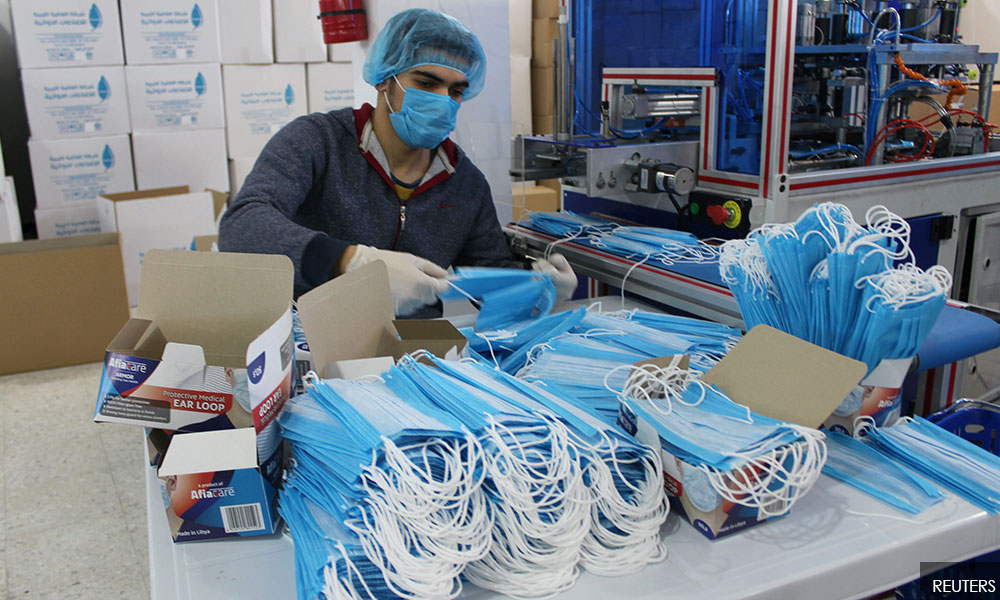LETTER | More than 90 percent of the three-ply face masks used by Malaysia’s hospitals and clinics are imported mainly from China, due to the cheaper price. Other countries where Malaysia also imports these three-ply masks include Taiwan, Korea, India and Thailand.
Malaysia has four face mask manufacturers. Similar to the surgical glove industry, due to its higher quality and price, minimal to zero support has been given by the government to the manufacturers to sustain their operations all this while. Their masks are mainly exported to high income, developed countries, with minimal sales to Malaysia’s private clinics.
Due to the Covid-19 pandemic, Thailand, Taiwan, Korea and Indonesia have put an export ban of their masks to reserve them for their own country’s use. While China has denied banning the export of masks and raw materials, regular Malaysian importers were unable to get new supplies from them since the Chinese New Year holidays.
The local demand in China, in fact, had already overwhelmed the production capacity of all mask manufacturers in China.
India had initially banned the export of masks, but lifted the ban on Feb 8. To date, no fresh stock of masks from India is available in the Malaysian market.
Since the end of January, the private sector has been unable to obtain further supplies of the masks that were imported into Malaysia by the two regular suppliers.
Similarly, we believe that out of four local manufacturers, the production of masks by the biggest two manufacturers was not designated for sale and distribution to the private sector.
So what is left for the private clinics and their patients?

The local manufacturers are also struggling to fulfil their regular overseas contracts as they have difficulties in securing raw materials especially the filter layer for the three-ply surgical masks. With the inadequate raw material supply from China, some local manufacturers had to source from Europe at a much higher price, which in turn had increased their cost tremendously.
The previous ceiling price of RM0.80 per piece had deterred the local manufacturers from selling their products in the local market as the cost price per piece was above the previous ceiling price. Selling their mask to Malaysians above ceiling price will invite prosecution.
Already, some pharmacies and at least one clinic have been fined RM10,000 to RM15,000 for selling each mask at RM1 per piece (a mere 20 sen above the ceiling price stated by the Domestic Trade Ministry). The past ceiling price of RM0.80 per piece was a disincentive to sell the masks in the local market in view of better prices overseas.
Today, with the enactment of the ban on the export of mask effective from March 20 and the local ceiling price of RM2 per piece, it might seem to give temporary relief to local private sector demand. This is true only if they have available supplies.
Of course, this will further change as the cost of raw materials will keep on going up in view of the worldwide shortage.
As at press time, our doctors have confirmed that they are still not able to obtain any ready stock of masks from local suppliers.
The writer is president of the Federation of Private Medical Practitioners' Associations Malaysia.
The views expressed here are those of the author/contributor and do not necessarily represent the views of Malaysiakini.

